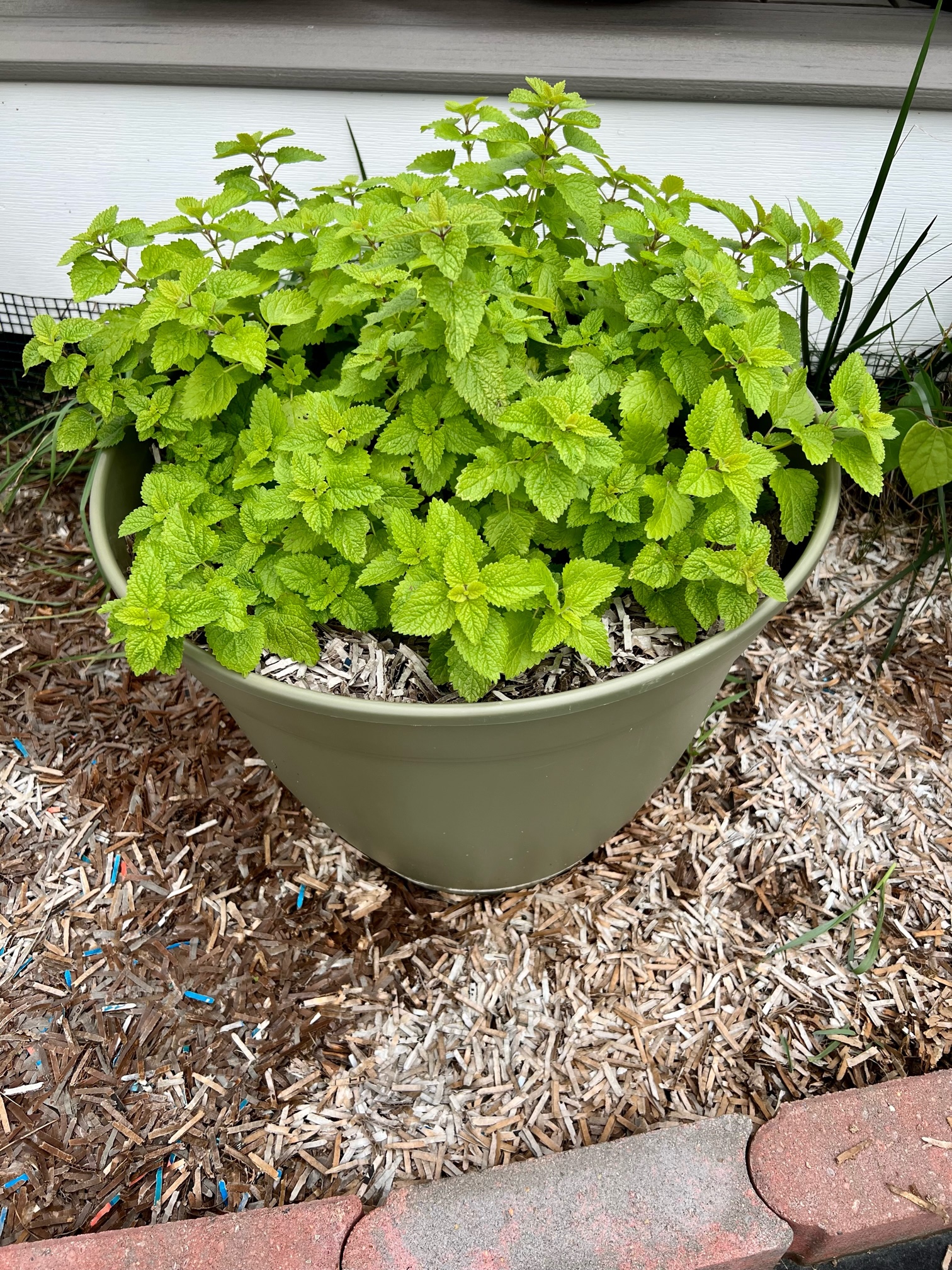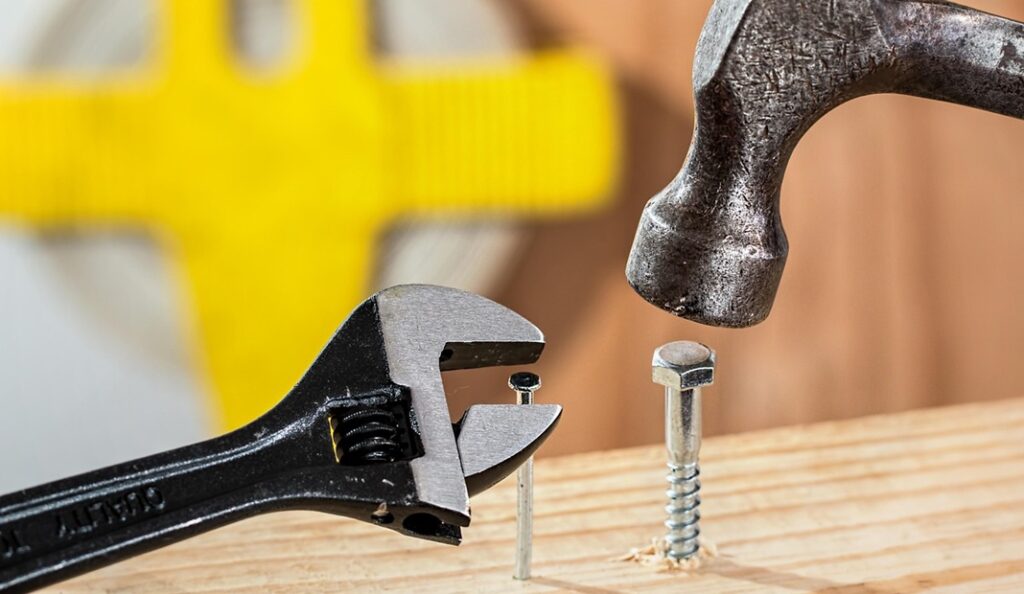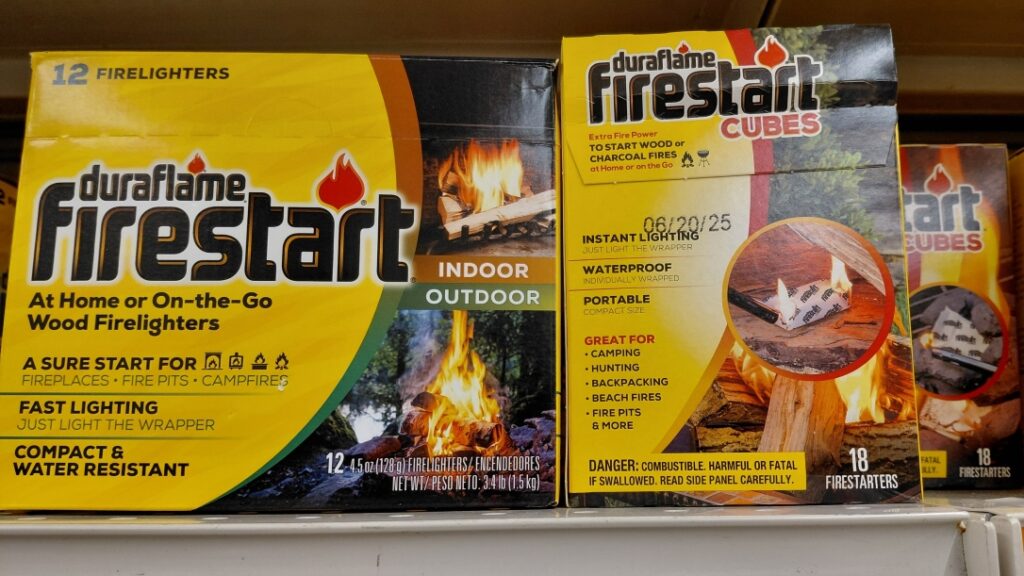If you are the type that prepares for various future scenarios, there are lots of questions you need to ask yourself. But one that many people don’t think about is their caffeine addiction and how they will deal with it.
Things to consider – Will coffee supply always be available? Will Coke/Pepsi/MtDew? Is it worth the space to store potentially months or years worth of any of them? Will withdrawal symptoms from a caffeine addiction be helpful in an emergency situation?
Preparedness Advocate, Paul T. Martin suggests getting more in shape “now” and eating less/losing weight “now”, so that if something bad happens you will be more physically prepared for austerity and hard work and less likely to have a heart attack or something when quadruple bypasses aren’t available. Plus, who doesn’t want to take better care of their health/wellness no matter what may come down the pike in the future? Of course as I type this I am eating salami and potato chips for lunch. Practicing what I preach is an ongoing process.
Advertisement — Continue Reading Below
When planning for potential “bad things”, considering your daily beverages (beyond clean water) is something to think about. Growing your own ingredients for various herbal teas in your own yard should be a consideration. Wouldn’t it be easier on your wallet and better for your overall health to stop drinking imported coffee, or soda pop full of gawd-knows-what, and drink mint or camomile or bee balm, or lemon balm teas instead? I know that sounds like heresy to many people, but think about it. Soda pop is full of dubious ingredients (and expensive), and coffee is imported from all over the world. Do you really want to spend the apocalypse with withdrawal headaches from a stimulant that has supply chain issues at best and is no longer available at worst?
Instead, you could be drinking beverages grown by your own hands for almost free, without pesticides or additives except whatever you put in it yourself. ( honey? maple syrup? bourbon?) As an added bonus these herbal tea plants provide vitamins and nutrients that benefit your overall health and nutrition. Who can hate that? I don’t think Mountain Dew has anything positive in the ingredient department to recommend it, though for some people it could be considered a “comfort food” to stockpile. YMMV.
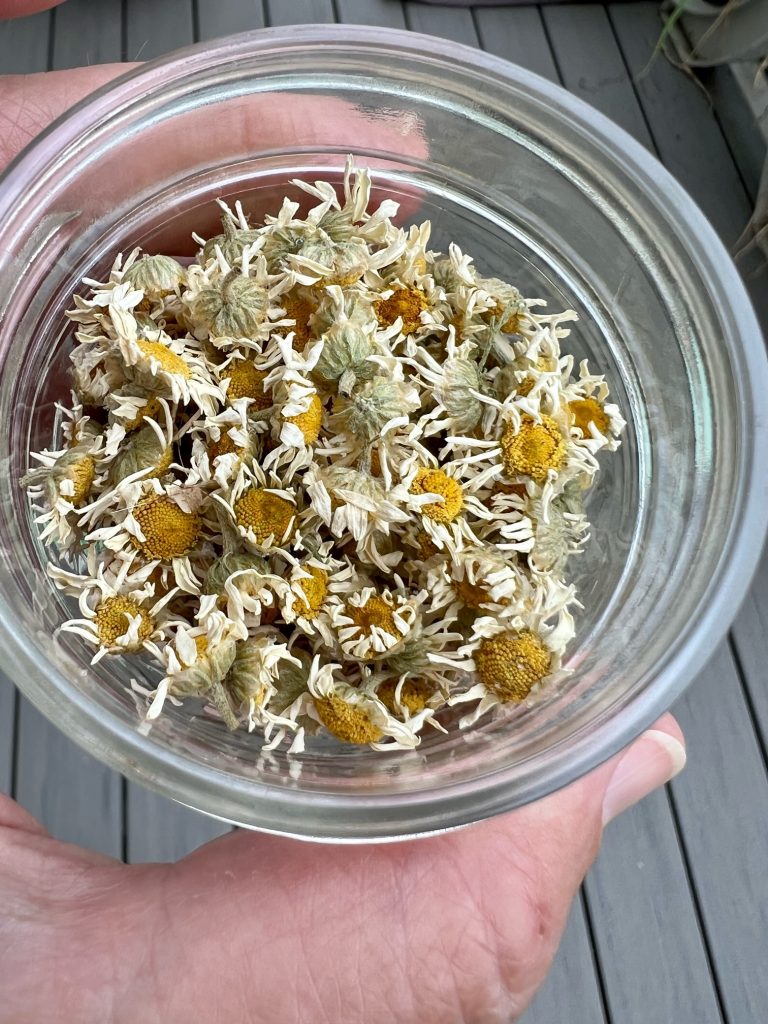
Advertisement — Continue Reading Below
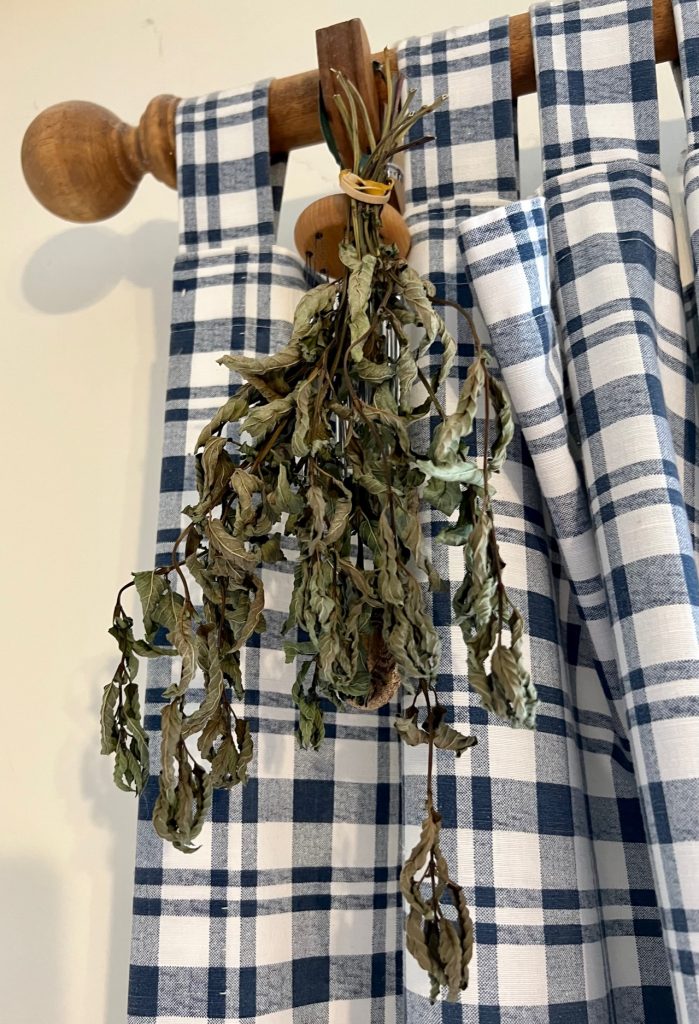
There is precedent for this in American history. In the colonial era many settlers either couldn’t get British tea (imported from India), or it was cost-prohibitive, or they boycotted due to taxation. They drank various herbal teas instead, including “Oswego tea”, brewed from a plant in the Monarda family .
But your caffeine addiction may not be completely SOL in the apocalypse. You may be saved because there IS one single plant source grown in North America which produces caffeine. Unfortunately it doesn’t grow very far north. This plant is called Yaupon Holly and is similar to the Yerba mate of South America. The botanical name is Ilex vomitoria which doesn’t sound very appetizing, but it’s mostly a misnomer. If you don’t live in the south, I have read that some folks are working on a more cold tolerant variety. I’m going to be looking into that for my foodscaping efforts, as I already have mint, bee balm, lemon balm, and chamomile in my tea garden. Yaupon is also commercially available and I’m going to be checking that out.
Advertisement — Continue Reading Below
I personally will probably not be giving up my first morning cup of joe until I absolutely have to. But I am working on cutting down my consumption the remainder of the day. Most days I’m down to just that first cup of caffeine and then drinking herbal tea or water the rest of the day. It can’t hurt, and it’s baby steps in a healthier (and more prepared) direction.
Even without an “apocalypse”, given the skyrocketing cost of groceries, training your family’s palate to appreciate a beverage you can grow yourself can potentially save you hundreds or even thousands of dollars a year. Who can hate that?
